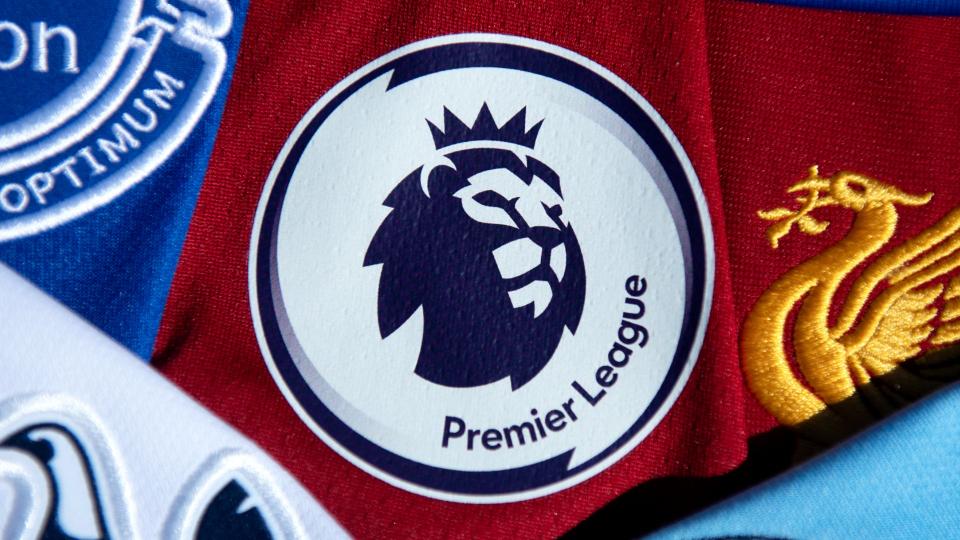The English Premier League has reached record revenue levels, generating €7.5 billion (£6.3
billion or $8.5 billion) during the 2024/25 season, according to the latest figures from Deloitte
and Statista. But despite the financial success, concerns are growing over fan dissatisfaction,
competitive imbalance, and the potential impact of future regulation.
This record-breaking income was driven by a sharp rise in commercial and matchday revenue.
Commercial earnings across England’s top-flight clubs crossed £2 billion for the first time, while
matchday revenue exceeded £900 million. These figures highlight the league’s strong global
appeal, commercial growth, and continued broadcasting dominance.
However, the financial boom has also come with its share of challenges.
The Premier League continues to hold a huge financial advantage over other European leagues.
For the upcoming 2024/25 season, revenue forecasts show:
League Estimated Revenue
(2024/25, € billion)
Premier League 7.5
La Liga 3.9
Bundesliga 3.9
Serie A 3.0
Ligue 1 2.7
La Liga, which ranks second in Europe, is forecast to earn just over half the revenue of the
Premier League. Almost 50% of La Liga’s €3.9 billion income comes from just two clubs—Real
Madrid and Barcelona—showing the heavy imbalance within the league itself.
Despite the financial success, the Premier League is facing mounting criticism from its most
loyal base—the fans. Ticket prices continue to rise, and many traditional supporters say they
are being priced out of their own stadiums. The growing number of tourist fans attending
matches has become a sore point, especially for local communities.
Tim Bridge, lead partner at Deloitte’s Sports Business Group, warned of a growing disconnect
between clubs and supporters.
“Repeated reports of fan unrest at ticket price and accessibility demonstrate the challenge in
the modern era,” Bridge said.
“It’s about balancing commercial growth with the historic essence of a football club’s role—as a
community asset.”
Another issue facing English football is the introduction of an independent regulator, which
could change the way clubs are run across the top five divisions. The new body is expected to
monitor financial practices, protect clubs from risky ownership, and ensure more competitive
balance.
Although aimed at improving governance, some experts warn that the regulator could affect
future investment patterns and commercial strategies.
One of the most striking issues highlighted in Deloitte’s report is the so-called "yo-yo effect." In
each of the last two seasons, all three promoted clubs from the Championship were
immediately relegated back to the second tier.
This pattern raises serious questions about competitive balance, financial planning, and the
long-term viability of newly promoted sides. Clubs are often forced to spend heavily to stay up,
but failure comes at a high cost.
“The financial implications of the yo-yo effect are major factors to address,” Bridge noted.
“Without more stability, it becomes harder to attract long-term investment.”
Leagues like the Bundesliga and Serie A continue to perform well, with both expecting modest
growth heading into the new season. Ligue 1 in France is also benefitting from new sponsorship
deals and broadcasting contracts.
Still, the Premier League remains in a league of its own—both in income and influence.


